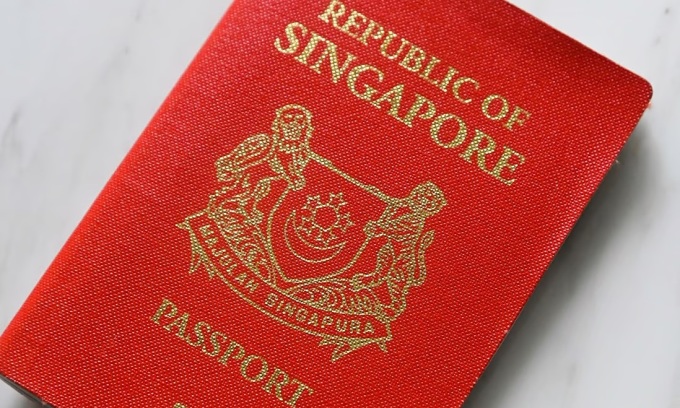FULL LIST: Here are the world’s strongest passports in 2025
In third place, EU nations France, Germany, Italy, and Spain are joined by Finland and South Korea, each offering visa-free access to 192 destinations.

The 2025 Henley Passport Index reveals Singapore reclaiming its title as the world’s most powerful passport, offering visa-free access to 195 out of 227 destinations globally.
Japan follows in second place with 193 destinations, marking a return to prominence after regaining visa-free access to China post-COVID restrictions.
In third place, EU nations France, Germany, Italy, and Spain are joined by Finland and South Korea, each offering visa-free access to 192 destinations.
Seven EU countries Austria, Denmark, Ireland, Luxembourg, Netherlands, Norway, and Sweden share fourth place with 191 destinations. Meanwhile, Belgium, New Zealand, Portugal, Switzerland, and the UK rank fifth with 190 destinations.
At the other end of the spectrum, Afghanistan remains at the bottom of the index, offering visa-free access to only 26 destinations, a staggering 169 fewer than Singapore. This represents the largest mobility gap in the index’s 19-year history.
The UAE enters the top 10 for the first time, ranking 10th with 185 destinations, having added 72 destinations to its visa-free list since 2015.
Conversely, the US and UK passports are among the biggest fallers, with the US dropping from 2nd place in 2015 to 9th in 2025, and the UK slipping to 5th from its top spot a decade ago. Meanwhile, China has climbed from 94th place in 2015 to 60th in 2025, adding 40 destinations to its visa-free list over the last decade.
African nations face disproportionately high Schengen visa rejection rates. New research reveals that African applicants are twice as likely to be rejected as their global counterparts, with Comoros, Guinea-Bissau, and Ghana topping the list of most-rejected countries.
Dr. Christian H. Kaelin, Chairman of Henley & Partners, emphasizes the need to address global mobility inequalities amid climate change, political instability, and displacement.
He advocates for “Free Global Cities” to transform displaced individuals into empowered contributors to society.
The growing disparity in global mobility underscores the urgency for policies fostering inclusivity and fairness in international travel, as highlighted in the Henley Global Mobility Report 2025 Q1.







